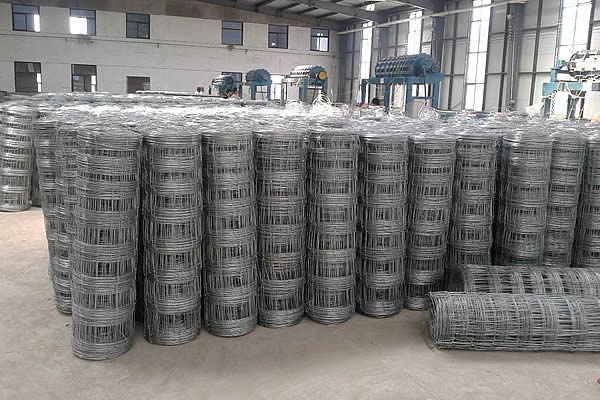 TEL:
+86-13102802206
TEL:
+86-13102802206
 Email:
fencenetting@china.com
Email:
fencenetting@china.com
 Language
Language
 TEL:
+86-13102802206
TEL:
+86-13102802206
 Email:
fencenetting@china.com
Email:
fencenetting@china.com
 Language
Language


Understanding Wire for Soldering A Key Component for Successful Electrical Connections
Soldering is a fundamental skill in electronics, used to create reliable electrical connections by melting solder, which typically consists of a mixture of metals like tin and lead. A crucial factor in successful soldering is the type of wire used, as it significantly influences the quality of the joint and the overall functionality of the electronic circuit. In this article, we will explore the types of wire suitable for soldering and their characteristics, helping you make informed decisions in your projects.
Types of Wire for Soldering
There are various types of wire that can be employed for soldering purposes, each with unique properties and applications
. The most common types include1. Solid Wire This type is composed of a single strand of metal and is typically made from copper. Solid wire is easy to handle and is often used in applications where the wire will not be subject to movement. Its rigidity allows for precise placement, making it ideal for prototyping and breadboarding.
2. Stranded Wire Stranded wire consists of multiple thin strands of metal twisted together. This type is more flexible than solid wire, making it suitable for applications where movement or vibration is expected. Stranded wire is commonly used in speaker wires, power cords, and electronic devices that require flexibility.
3. Enamel-Coated Wire Also known as magnet wire, this type of wire is coated with a thin layer of insulation that is typically made from a polymer. Enamel-coated wire is used in applications such as transformers and motors, as it allows for tight winding without the risk of short circuits.
4. Tin-Plated Wire This wire has a layer of tin applied to its surface to enhance its resistance to corrosion and oxidation. Tin-plated wire is often used in applications exposed to moisture or other harsh environments, ensuring long-lasting connections.

Choosing the Right Wire
When selecting wire for soldering, several factors should be considered
- Gauge The wire gauge affects the current-carrying capacity and flexibility of the wire. It is essential to choose an appropriate gauge for your application to ensure optimal performance.
- Material Copper is the most common material due to its excellent conductivity. However, the choice may vary depending on specific requirements, such as corrosion resistance or weight constraints.
- Insulation Depending on the project, some wires may require insulation to prevent accidental short circuits. Understanding the voltage and environmental conditions will help in determining the necessary insulation type.
Conclusion
Selecting the right wire for soldering is crucial for achieving strong and reliable electrical connections. Whether you are working on a simple hobby project or a more complex electronic device, understanding the different types of wire available can greatly enhance the quality of your work. By considering factors such as gauge, material, and insulation, you can ensure that your soldering projects are not only effective but also durable and efficient. As you gain experience, the importance of quality wire will become increasingly apparent, and it will undoubtedly contribute to your success in the ever-evolving world of electronics.